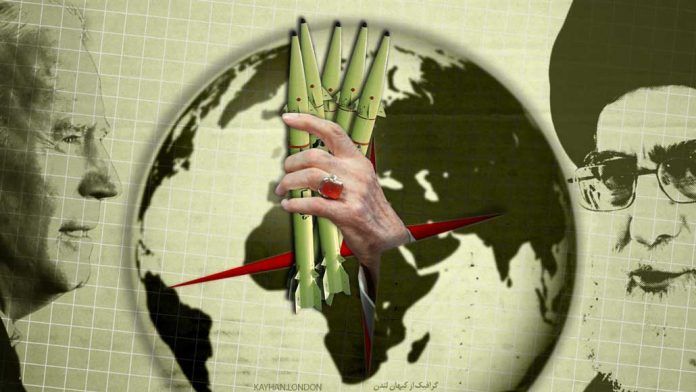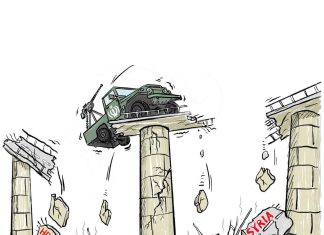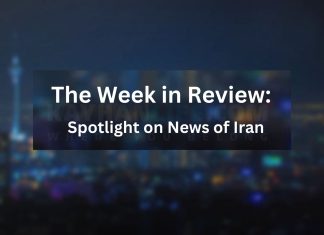WASHINGTON, Nov 24 (Reuters) – The United States will not stand idly by if Iran gets too close to a nuclear weapon, U.S. Special Envoy for Iran Rob Malley said in interview excerpts released on Wednesday ahead of next week’s resumption of talks on reviving a 2015 nuclear deal.
“If they start getting too close, too close for comfort, then, of course, we will not be prepared to sit idly by,” he told National Public Radio in an interview, according to excerpts released by the U.S. broadcaster. The excerpts did not address what he meant by “too close” nor U.S. options in that case.
Indirect talks between the United States and Iran are set to resume in Vienna on Monday with the other members of the 2015 nuclear deal – Britain, China, France, Germany and Russia – shuttling between the two sides because Iranian officials refuse to meet directly with their U.S. counterparts.
U.S. President Joe Biden is trying to revive the deal, under which Iran agreed to limit its nuclear program in return for relief from U.S., U.N. and EU sanctions. Biden’s predecessor, Donald Trump, abandoned the deal in 2018 and reimposed U.S. sanctions, prompting Iran to begin violating its nuclear limits.
“If they choose not to go back into the deal, then obviously we’re going to have to see other efforts – diplomatic and otherwise – to try to address Iran‘s nuclear ambitions,” Malley said in the interview, which was recorded on Tuesday and is scheduled for broadcast on Friday.
Malley said that if Iran chose not to revive compliance with the agreement and instead dragged its feet at the negotiating table and continued to accelerate its nuclear program “we’ll have to respond accordingly … the options that are at America’s disposal are, you know, they’re familiar to all.”
(Reporting By Francois Murphy; Writing by Arshad Mohammed; Editing by Howard Goller)






